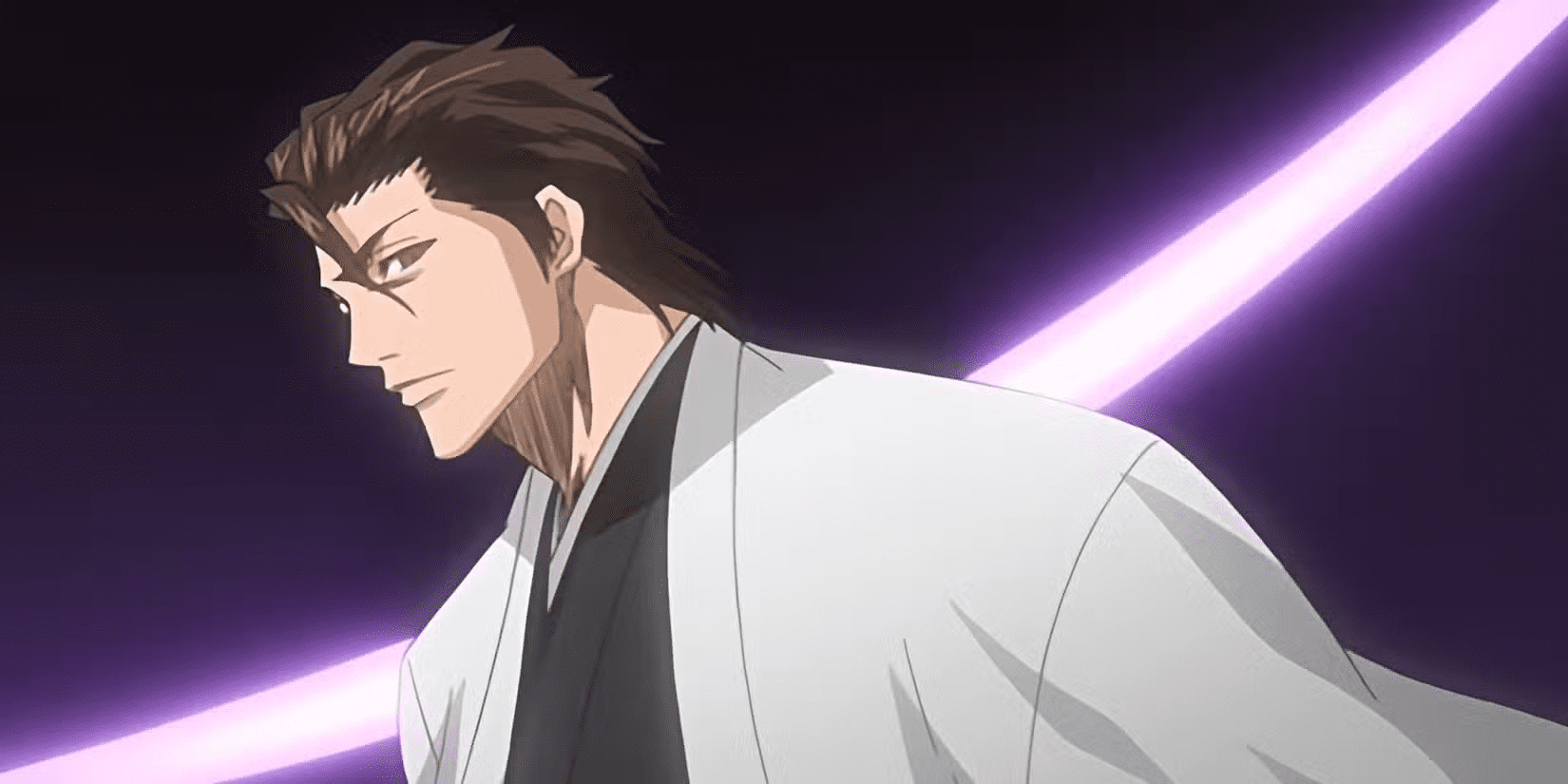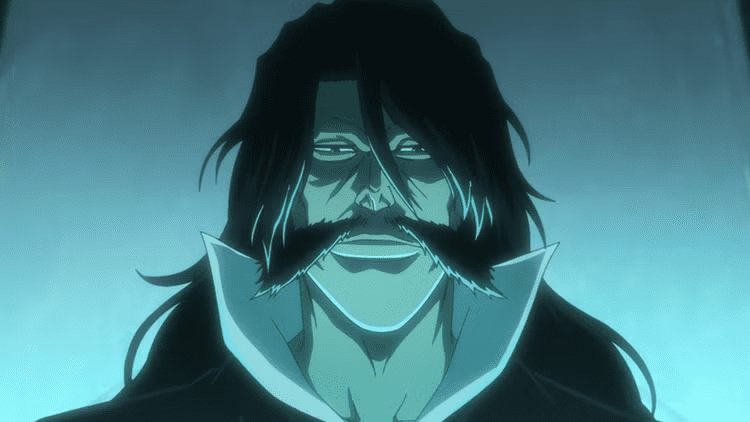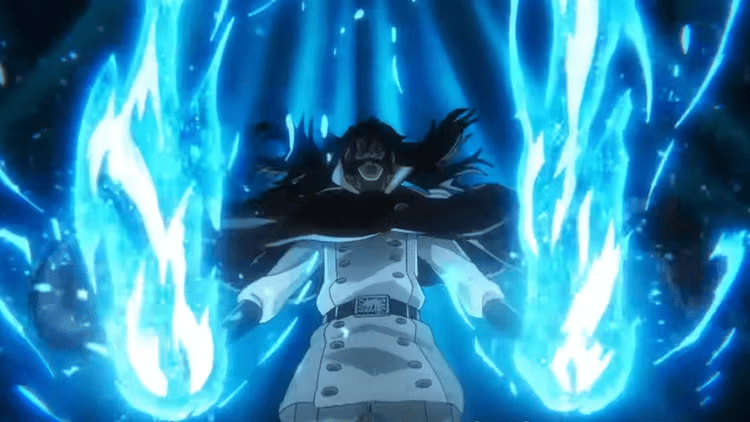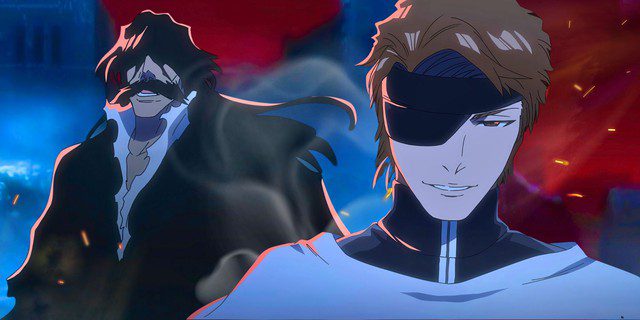Bleach: Thousand-Year Blood War marks the return of a once-glorious series, showcasing stunning visuals, improved storytelling, and completely new scenes that make the narrative more engaging. However, a section of fans still regard this part as “inferior,” primarily due to the overwhelming presence of the series’ original main antagonist, Aizen.

Aizen is undoubtedly the mastermind behind almost everything that has transpired in Bleach. He arranged events to start a conflict with Rukia and later targeted Orihime to harness her strongest powers. Aizen created the Espada, a group of dangerous and symbolically important enemies throughout the entire Bleach series, and had a plan to shake the very foundations of the Bleach universe. Aizen’s “divine” ambitions granted him immense power, leading Ichigo to make significant sacrifices to ultimately confront him. Yet, even at the end, Aizen did not die and simply vanished. As a being of extraordinary ability, Aizen was merely imprisoned.
The portrayal of the Thousand-Year Blood War cannot compare to Aizen
When the Thousand-Year Blood War arc of Bleach was first released, it received a rather harsh evaluation from fans, who felt it lacked depth and originality in its plot. The story started quite slowly, but as it approached the climax, it had to contend with significant scenes that were supposed to be pivotal, ultimately leading to an ending that left many dissatisfied. A significant portion of the criticism is directed towards the main antagonist of this arc, Yhwach, the King of the Quincy. His extensive list of unique powers and immense strength made him come off as a rather “boring” character for many fans.

Yhwach, with his serious demeanor and readiness to eliminate anyone who fails him, although having an elaborate plan, lacks the genius and numerous contingencies that Aizen displayed. His direct relationships with key characters are also quite limited, notably Yamamoto, who sacrificed himself early on. Yhwach’s appearance often felt abrupt, cutting off the narrative flow and making him the central force, yet unfortunately, he didn’t possess the captivating allure needed to captivate the audience.
In contrast, Aizen possessed a “proactive cunning” that was evident from his initial appearances in the Soul Society arc. As a former Soul Reaper, Aizen had deep ties with many key characters, making his eventual betrayal impactful. Even when his plan to execute Rukia failed, he could still manipulate the Hogyoku, achieving his goal of chaos throughout the Soul Society while in Hueco Mundo. Ichigo had compelling reasons to despise Aizen, and it was his actions that created a significant conflict.
Yhwach is a character that ultimately pales in comparison to Aizen in Bleach
The Thousand-Year Blood War arc has many remarkable aspects. The deep exploration of the Quincy and the prolonged conflict with the Soul Society, as well as Uryu’s struggle with his allegiance, contribute to the arc’s value. However, the narrative was primarily driven by Yhwach, and he became the focal point of the unfolding events, making the entire arc heavily reliant on his character. Unfortunately, Yhwach is portrayed as a rather one-dimensional and dull character.

Yhwach’s ultimate goal was to create a world devoid of boundaries between life and death, yet this ambition was not explored in depth. Was there a hidden motive driving him? Although he initially appeared as a formidable opponent against the Soul Society, he ultimately felt overshadowed by his father and the overwhelming strength of his grandfather, which he did not utilize effectively. Even when other Quincies held grudges against the Soul Reapers, Yhwach viewed them merely as pawns in his master plan.
Furthermore, Yhwach’s climax ends up feeling anticlimactic. Initially, Ichigo’s father and Uryu unexpectedly appear in the Quincy Realm and bestow upon Uryu a unique power, without any foreshadowing. This power potentially neutralizes Yhwach’s immense strength for a very short time, allowing Uryu to create an opportunity for Ichigo to confront Yhwach. Many fans refer to this resolution as a “Deus Ex Machina,” which detracts from the satisfaction of the ending, leaving viewers questioning Ichigo’s next steps if this new power had not appeared.
The Thousand-Year Blood War anime has a lot to address

Bleach is currently experiencing mixed reactions regarding its revival through the anime adaptation, especially concerning the resolution of its conclusion. It is unclear how the story will unfold now, but Ichigo’s father and Uryu have appeared, indicating that the series is heading towards a conclusion that closely aligns with the manga’s ending. The anime has significantly enhanced Yhwach’s character, providing him with more complex arcs and deeper motivations for his actions. However, he still appears less compelling than Aizen.
The Thousand-Year Blood War also features other intriguing characters such as Haschwalth and Bazz-B, ensuring that this arc is not devoid of value. However, Yhwach simply cannot compare to the extraordinarily captivating character of Aizen, making every other character seem somewhat less interesting. Ultimately, Aizen played a crucial role in Yhwach’s eventual downfall, but Yhwach himself still feels… boring. As the final antagonist, Yhwach never truly reaches the heights that Aizen did, leaving many fans feeling a sense of “disappointment” regarding Bleach: Thousand-Year Blood War.
According to Screenrant





















